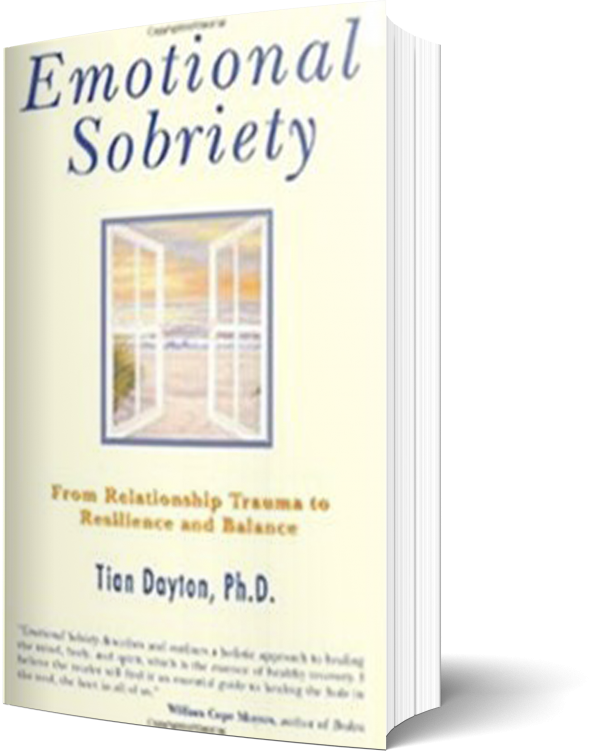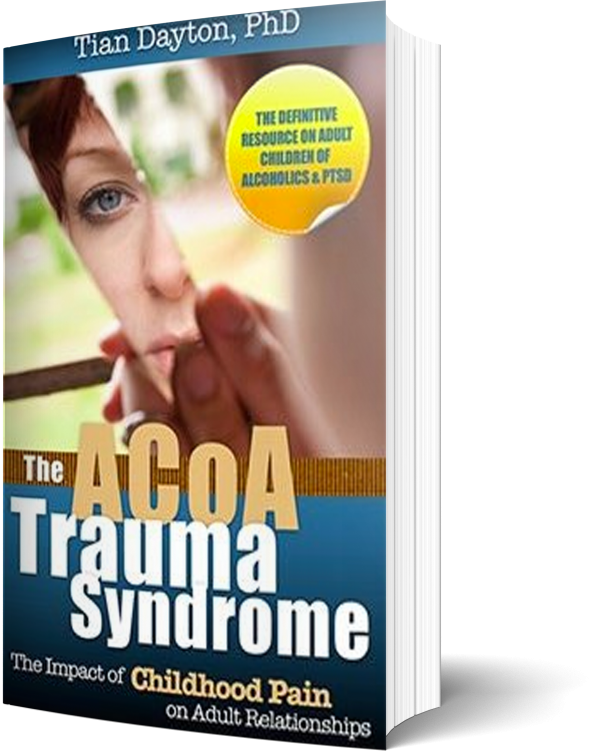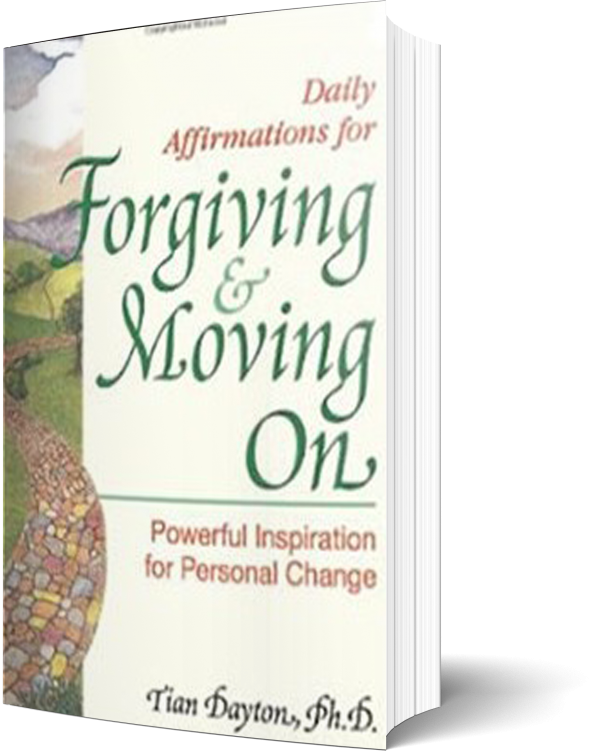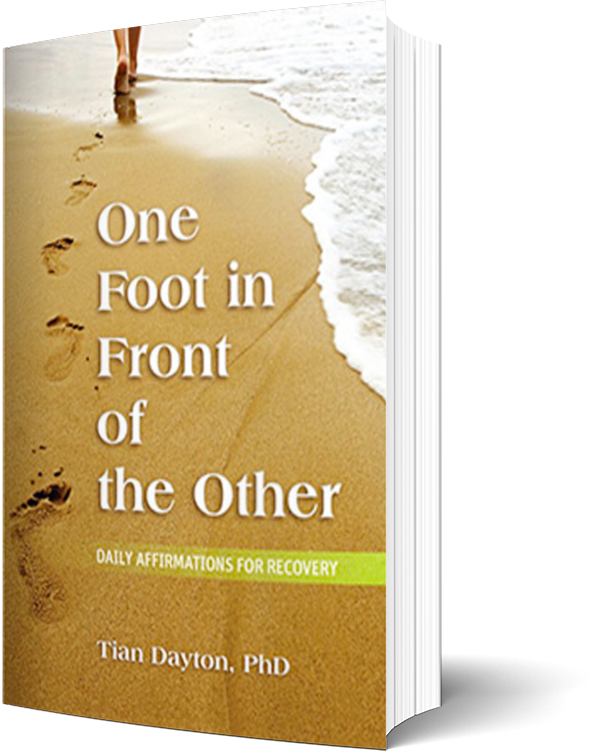My high school motto was “Great in ‘68”. My colleague on the board of The National Association for Children of Alcoholics (NACoA), Peter Palanca’s, was “Fine in “69”. As kids living in homes where addiction was a living, breathing green eyed monster, we weren’t so great and we weren’t so fine. We were part of the silent mass, the one in four — the 50s and 60s, kids with nowhere to go to talk about what was going on in our homes. Most of us carried a lot of confusion and pain around that we didn’t know what to do with. We were often embarrassed to bring friends home lest our alcoholic parents subject them to the rages that were part of our weekly fare or worse, reveal that no one even knew we’d walked through the door. We were often falling through the cracks at home where one parent was drinking and the other was so preoccupied and upset that they had little to give us. That was on the inside. On the outside,many of us were marching double time to restore the dignity and feeling of normalcy that was daily draining out the bottom of our families. We were class presidents, student council members, cheerleaders and football stars. It’s no coincidence that four out of four of our most recent Presidents of the United States are ACOAs….. or addicts themselves. We are a hardy, hurtingbut often competent lot. Those of us who thrived learned how to take innovative and independent action to get our lives (and everyone else’s lives) together.
We are also the generation who made recovery a household word. We’re the ones who created the word “codependency” and turned the adult children of alcoholics (ACOA) movement into a grassfire that changed the face of the mental health field. We’re the generation that passed the legislation,
H.R. 6983: Paul Wellstone and Pete Domenici Mental Health Parity and Addiction Equity Act of 2008,
that made insurance companies recognize mental illness as an actual disease that deserves treatment that is reimbursed by insurance.
Recovery: A Sane and Healthy Movement
The problem of addiction hasn’t gotten better, in fact it’s gotten worse. However, recovery has changed EVERYTHING. It has given anyone suffering at the other end of a bottle, pipe, needle, sex or food addiction a place to go, not only to feel better but to get better. Recovery makes hope and health more important than despair and sickness. It gives people a way to become different on the inside and on the outside. In treatment centers and twelve step rooms all across the world, communities of like minded people share their “experience, strength and hope”, throw a dollar in a basket and change their lives and the world for the better. They light one candle and that candle is themselves and that candle lights the candle of the person next to them and eventually the whole room is warmed by the glow of hope and healing.
Spring the Lock
NACOA’s mission is to help children who are trapped in families struggling with addiction to find help, whether that help be from a relative, neighbor or government program.
Peter’s mission as Executive Vice President of TASC, Treatment Alternatives for Safe Communities,is to help prisoners who are trapped behind bars, find their way to recovery in one of Illinois’s model recovery prisons.
My mission is to help the hurting child trapped within the adult, ACOA, to find emotional balance and freedom.
Another Grassfire is Being Lit
This September is “Recovery Month”. All across the nation tens of thousands of people in recovery will be banding together to march down streets and across bridges to honor and celebrate the concept of RECOVERY and their own RECOVERIES.Now there is somewhere to go, a path to follow lit by others who are breaking their silence and choosing life. Believe it or not, it hasn’t always been this way. Because I am from a generation of children who didn’t dare to talk about their parent’s drinking, the chaos at home or the pain we were carrying to school every day, there isn’t a day that goes by that I don’t say “thank you” inside of me to what recovery has meant to my life. I have never abused substances but I grew up in a home in which addiction took us over. I am an ACOA and my recovery has been basically from the post traumatic stress symptoms (PTSD) that so many ACOAs carry. Recovery couldn’t give me my Dad back. But it gave me, me back. And I have had a great life by any standards.No one would be happier about it than my Dad. He couldn’t manage to get well.Call it shame, pride, lack of resources or “his generation”, sobriety eluded him until his death. But that need not be true any more. Through making the message of RECOVERY public, we can share our hope and healing with the world so that no one will feel that they have to remain hidden and silent, trapped in this disease either as addicts, ACOAs or spouses.Today, there is somewhere to go and someone to tell who will understand.
To honor “Recovery Month” and to honor my Dad, I will begin a series of articles on various aspects of addiction and recovery….some of the topics I’ll be covering are…….
- What is an ACOA?
- What is Codependency?
- Recovery for the Whole Family
- Trauma and Addiction
- ACOAs and PTSD
and more…… for more information on where you can go or what you can do log onto www.nacoa.org.





